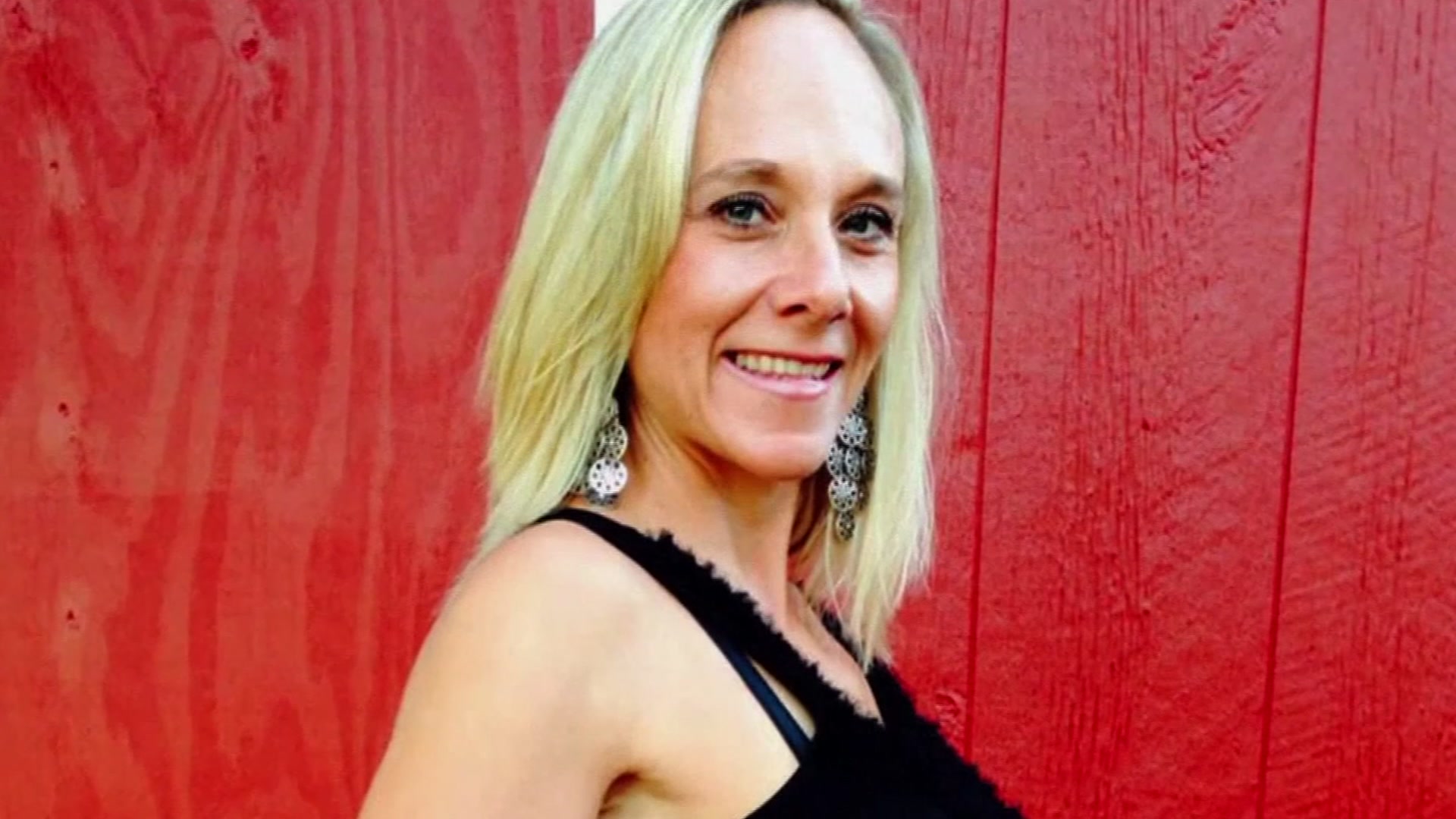A group of Dallas exonerees say it's time for better health care for inmates and better conditions inside of Texas prisons. Their rallying cry comes just two days after Johnnie Lindsey, a Dallas man who served 26 years for a rape he didn't commit, died from liver cancer.
Friends of Lindsey's, who've served a total of eight decades, say Lindsey was a leader and activist for criminal justice reform.
"The day I got exonerated, Johnnie was one of the first guys there trying to tell me about getting out here, live normal, act normal, everything is going to come back to you," said Christopher Scott.
Scott found not only a friend in Lindsey, but also a business partner. Together, the two ran House of Renewed Hope, a non-profit Scott founded to help other innocent men and women.
"He said, 'Chris as long as I've got strength within my body to walk, than I can be a difference. I can be a change maker'," said Scott.
Charles Chapman, who was there the day Lindsey was exonerated, said Lindsey never missed an exoneration after he was freed.
“I believe his main thing was to make sure that the ones who got out of prison had some kind of substance of life," said Chapman.
Local
The latest news from around North Texas.
Which is why in the wake of Lindsey's death, his friends are opening up about the poor conditions they faced while behind bars.
"You have Johnny's passing, Billy's passing… Billy Smith, Joyce Anne Brown. We dealt with a lot before we got out of prison, and a lot of keeps us from being the best we can be now," said Richard Miles.
Scott said his blood pressure was so high the day he was released, he was considered at risk for a stroke.
Miles talks about the compounded stress that's lead many to face PTSD.
"You're already incarcerated, but then on a daily basis you're dealing with 'I'm innocent and being incarcerated," said Miles.
Right now the men are focused on public awareness about the conditions, although they say they do help to draft legislation that could improve it.
“You get that drive from being locked up. Just from being there all of those years, being there wrongfully, and you want to help somebody. You just want to help somebody, you know?" said Johnny Pinchback.
They’re also focused on securing better insurance for exonerees who leave prison with pre-existing conditions.



